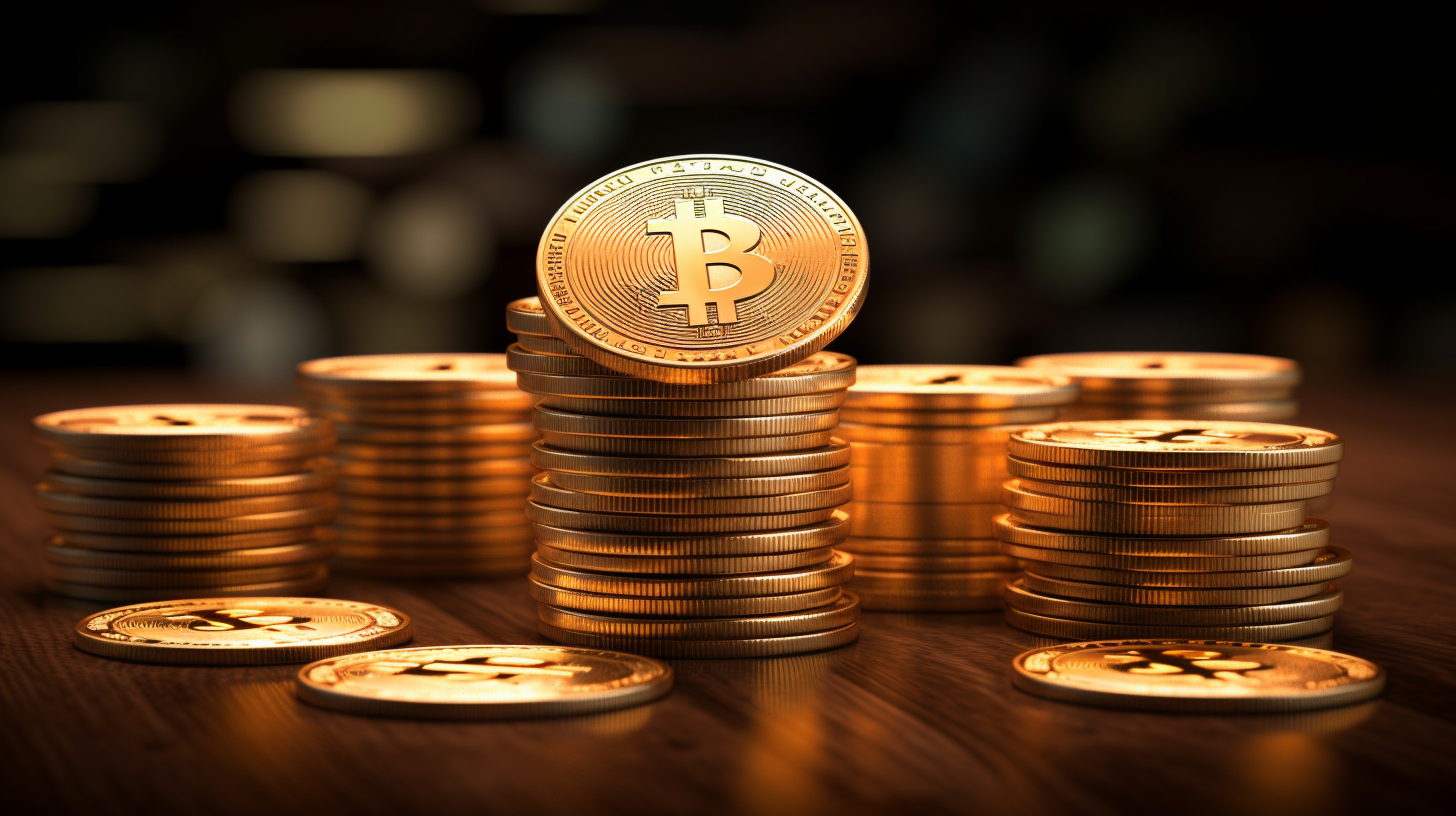The Ripple Effect: Decoding the Significance of Ripple’s Legal Victory for the Cryptocurrency Industry
Key Points:
- Ripple emerges victorious in a legal battle against the US SEC, setting a significant precedent for cryptocurrencies.
- JPMorgan analysts perceive this ruling as promising for Coinbase, currently facing similar charges.
- Cryptocurrencies need a clear and malleable legislation for spontaneous and long-lasting industry growth.
The Ripple’s Legal Victory: A Landmark Decision
The rapidly evolving world of cryptocurrencies experienced another significant shift following the big win of Ripple, a leading payment protocol and digital asset issuing company, against the Securities and Exchange Commission (SEC) of the United States 😊. This pivotal decision not only carried weight for Ripple but could also potentially affect other key industry players like Coinbase, as recent analyses from JPMorgan suggest.
The SEC had instigated a lawsuit against Ripple, accusing it of selling security-like tokens known as XRP without appropriate regulation. In a momentous turn of events, Judge Annalisa Torres ruled that Ripple’s XRP could not be categorized as a security when sold to the public, marking a landmark victory for Ripple. 🥳
A New Hope for Coinbase?
This recent ruling is seen as a beacon of hope for Coinbase by JPMorgan analysts. Coinbase, a digital currency exchange platform, is currently on the legal battleground with SEC, which accused it of functioning as an unregistered securities exchange. Coinbase is alleged to have facilitated trades of 13 crypto assets like Cardano, Polygon, and Solana, classified as securities and hence, needing official registration. Ripple’s win against similar charges could potentially destabilize the SEC’s stance against Coinbase, making the lawsuit more challenging for the regulatory body. 🤔
However, troubled waters still lie ahead for Coinbase. Alongside the hope engendered by Ripple’s triumph, Coinbase is also grappling with allegations of failing to register the offer and sale of unregistered securities through its “staking-as-a-service” program. Additionally, the SEC retains the right to appeal against Ripple’s decision, extending the clouds of uncertainty over Coinbase and the broader crypto industry. 😕
Bracing for the Future: Insights from Ripple’s CEO
In a recent interview with Bloomberg, Brad Garlinghouse, Ripple’s CEO, shared his views on the legal fray. He candidly addressed the possibility that the SEC could appeal, a process that could span years. However, he emphasized that the current “law of the land” does not classify XRP as a security, which holds until the SEC decides to appeal. Despite acknowledging the SEC’s power to shape the future of the crypto industry, Garlinghouse projected an optimistic outlook. 😉
Moving Forward: The Need for Clear and Fungible Legislation
Suffice to say, Ripple’s victory carries great significance for the wider cryptocurrency landscape. It sets a legal precedent that can shape future legislation and regulatory scrutiny, which is particularly crucial for companies like Coinbase and similar entities. Clear and malleable legislation fosters spontaneous and durable growth for the industry, thereby boosting development and expansion. Even though the ruling has cultivated a more hopeful atmosphere, the potential for regulatory appeals and the constantly evolving legal landscape indicate that more challenges lie ahead for the cryptocurrency industry.
Conclusion: Navigating the Cryptocurrency Seas
While Ripple’s victory promises a buoyant outlook for companies like Coinbase, it does not signal a complete reprieve from legal intricacies. The developing legal framework for cryptocurrencies, combined with potential regulatory appeals, points towards a need for the industry to brace for more trials. However, clear regulatory guidelines can immunize from ongoing legal ambiguities, ensuring holistic and enduring industry growth, thus shaping a future that remains optimistic yet realistic. 🚀

